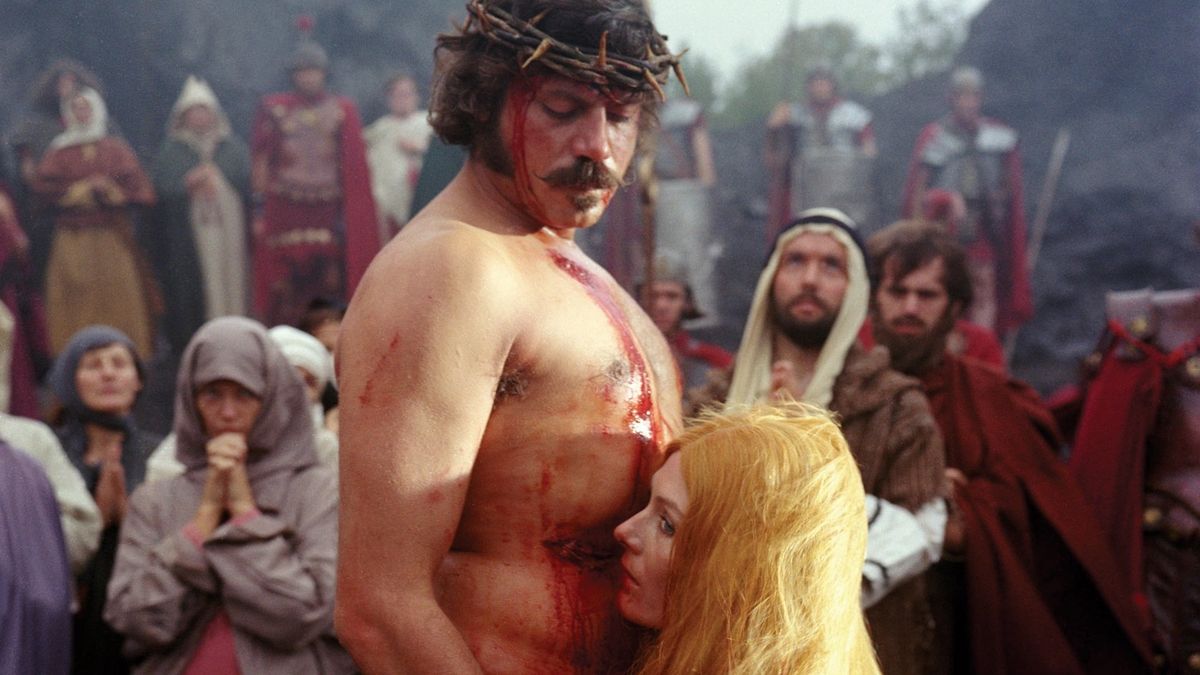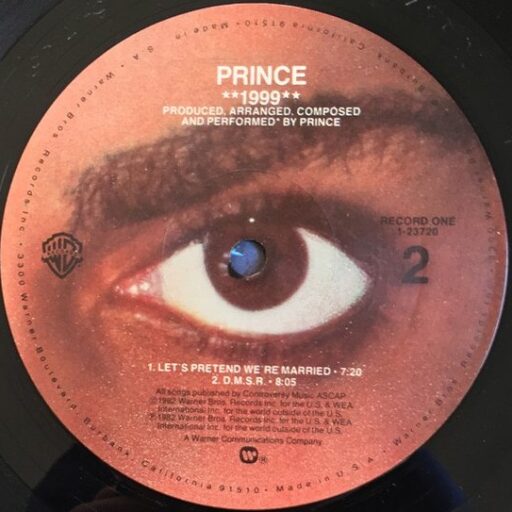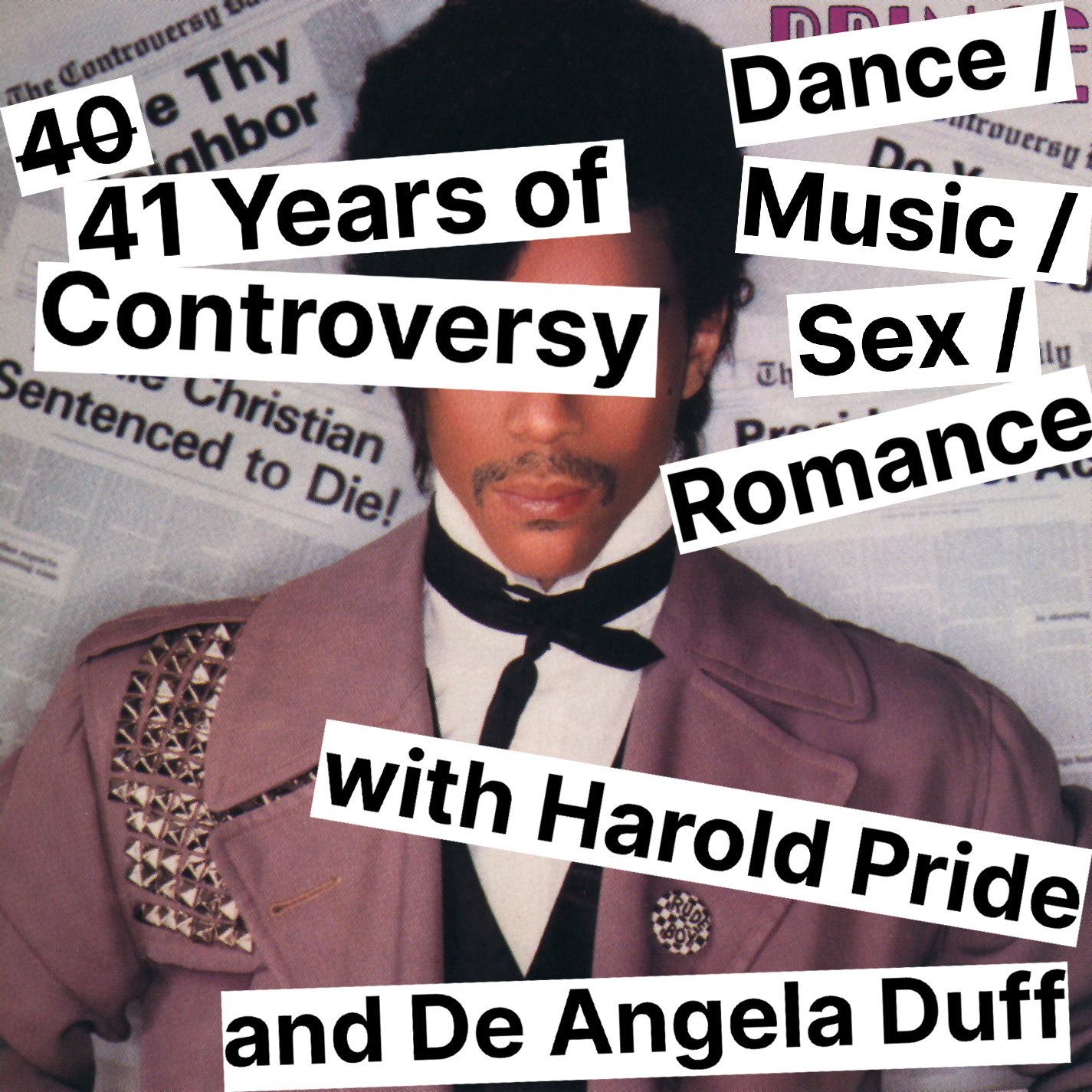Tag: purple music
-

Possessed
Like many of Prince’s songs from this period, “Possessed” is the musical monologue of a man afflicted with chronic horniness. The unique selling proposition, in this case, is a dash of Christian demonology, as Prince’s narrator attributes the stirring in his loins to nothing short of infernal influence.
-
Purple Rain (Verse 1)
The origins of “Purple Rain” are murkier than the rest of the album that shares its title: No one seems to recall from where, precisely, the song emerged–even as everyone seems to have played a role in its conception.
-
Roundup: Ephemera, 1981-1982
Like the last roundup post for the 1999 album, this one has been an especially long time coming: I wrote my first “in-sequence” post on 1999-era ephemera way back in November of 2018, when we were all about 50 years younger. It didn’t help, of course, that last fall’s Super Deluxe Edition of 1999 dropped…
-
Lust U Always (Divinity)
Had “Lust U Always” come out on 1999, Prince may have forced the issue of music industry self-censorship two years early.
-
Purple Music (Welcome 2 the Freedom Galaxy)
“Purple Music” feels like the private tinkering of an unhinged genius: a funky Aleister Crowley drawing ritual circles in his suburban Boleskine House; a post-disco Dr. Frankenstein cackling over his Tesla coil-powered drum machine.

